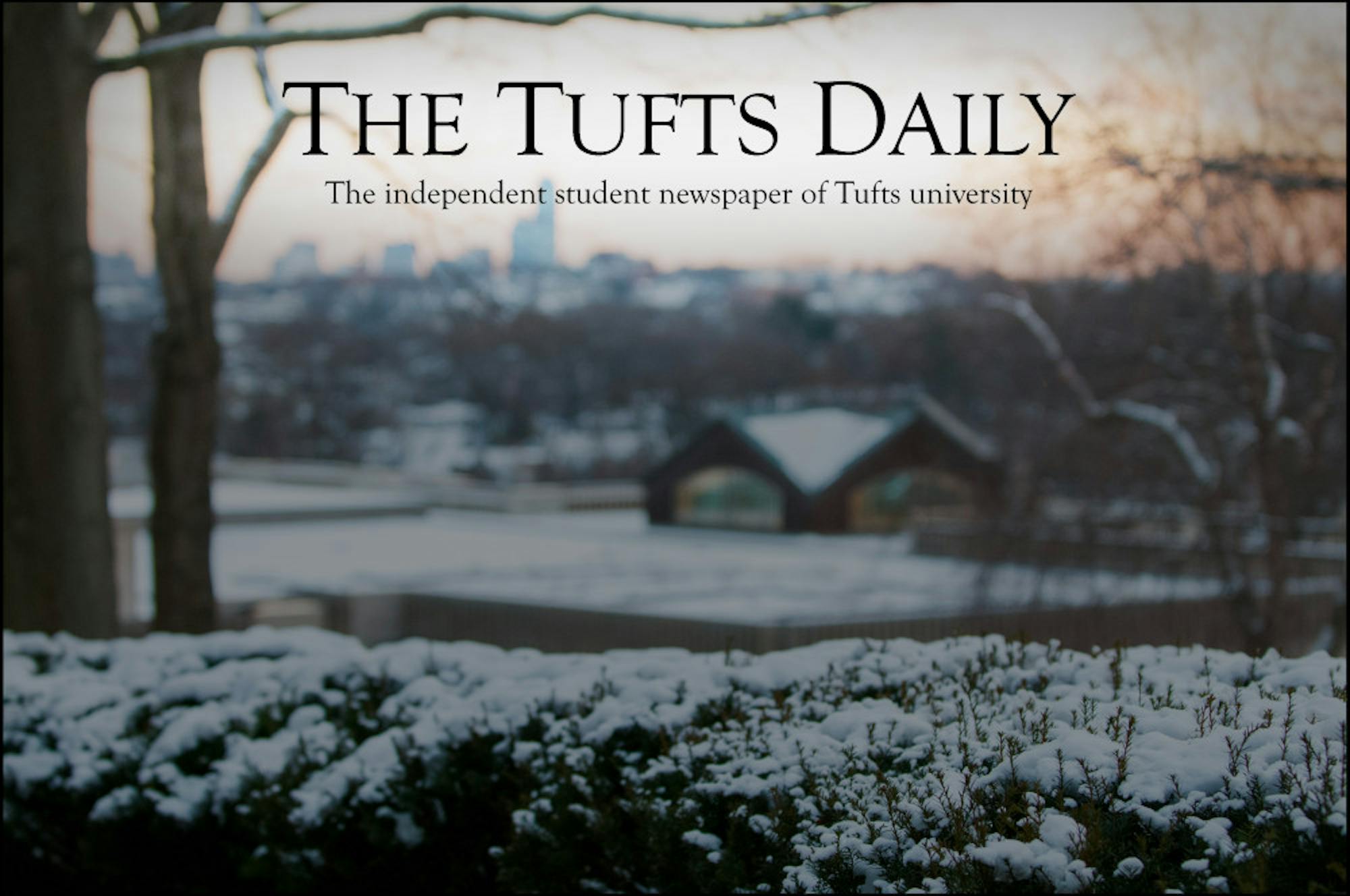Peter Maurer, president of the International Committee of the Red Cross , spoke about the current state of the organization and challenges facing the group's humanitarian efforts at the The Fletcher School of Law and Diplomacy's ASEAN Auditorium in the Cabot Intercultural Center yesterday afternoon. His lecture, entitled "New Battlefields, New Actors and New Weapons: Challenges of Humanitarian Protection in the 21st Century," coincided with the 151st anniversary of the foundation of the ICRC.
"After 151 years, it's a good time to reflect on what the meaning was of the creation of this organization," Maurer said. "It was a major innovation in diplomacy and public policy in the 19th century. The foundation of ICRC has been a sort of threshold in which traditional charity has transformed into humanitarianism as a profession."
Maurer's presentation addressed the challenges facing the ICRC as it continues to operate on an ever-precarious global stage, especially in nations that have been overtaken by conflict in recent years, such as Syria.
"We see in Syria today ... a never seen before fragmentation of armed actors," Maurer said. "The necessity for the ICRC to engage with those actors has risen."
Maurer claimed that it has been even more challenging for the ICRC to carry out its humanitarian efforts in Syria now than it was during the height of the turmoil in Afghanistan in the previous decade.
"It is a landscape which is considerably different from what we encountered 10 years ago in Afghanistan," he said. "Thanks to the relatively structured membership of the Taliban, we were able to talk to the leaders and eventually find the means for some humanitarian space. It's much more difficult in a highly fragmented context like Syria."
According to Maurer, Syria is only one of many regions that the ICRC has had difficulty obtaining access to, especially as many parts of the developing world have been devastated by armed conflict and environmental degradation.
"The most critical crises with which we are dealing in the world are countries struck by poverty," he said. "These countries are also, most of the time, struck by climate change and exposure to natural disasters, which are of much less concern in industrial nations such as this one."
Maurer said that the ICRC must also be wary of new forms of technology that might disrupt its humanitarian efforts, particularly as cyber-influenced weapons and computer-managed warfare gain momentum in the outside world.
"The transformative impact of technology comes across the ICRC's agenda in two ways: What new weapons are there, and what battlefields are unfolding before us?" he said. "We see new actors coming to the battlefields and new forms of violence, which are oftentimes related to these developed technologies."
According to Maurer, it is important for the ICRC to find means of cooperating well with other humanitarian organizations, even ones with which it has had disagreements in the past.
"Finally, after 151 years in existence, we have come to realize that we are not the only actors in the field of humanitarianism," he said. "This is a field populated by the many."
Maurer expressed hope that the ICRC and its peer organizations would continue working to fulfill their humanitarian goals even in the face of adversity and modern-day obstacles.
"There are no fixed recipes as to how to respond to all those challenges, but I think, as usual, that there are elements which we will not depart from," he said. "[With] over 150 years of experience, we have discovered approaches which have been extremely useful and helpful, and which we will rely upon in the future. But there are also issues for which we need to adapt and find different approaches."
At the end of his lecture, Maurer discussed the significance of his speaking at an institution such as The Fletcher School. He predicted that humanitarian and academic institutions will join forces on a series of important initiatives in the years to come, especially in the joint development of professional humanitarian workers.
"I see great potential for improvement of cooperation with international institutions like Fletcher," he said. "Innovation, in all aspects, is something we hope that academic institutions can come forward with in dialogues with the ICRC."






